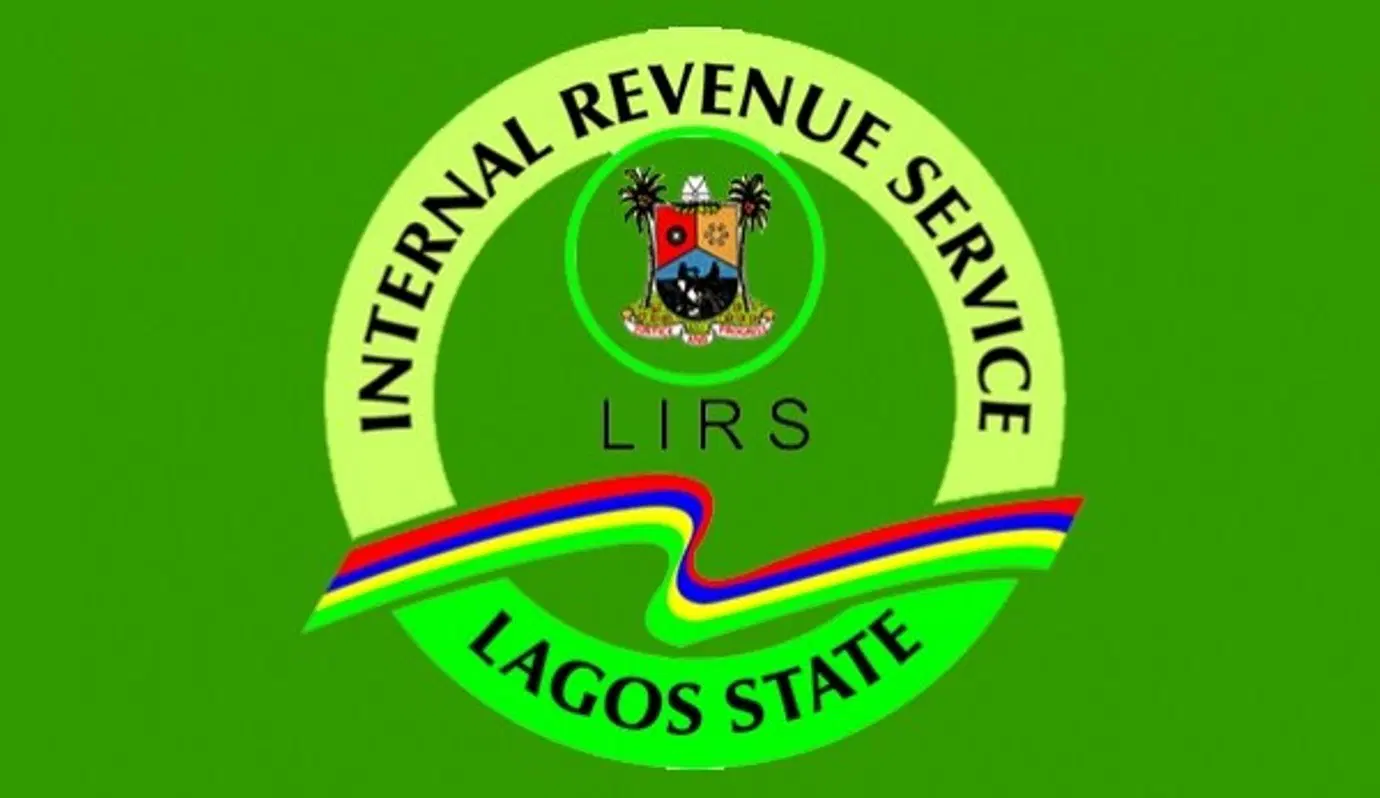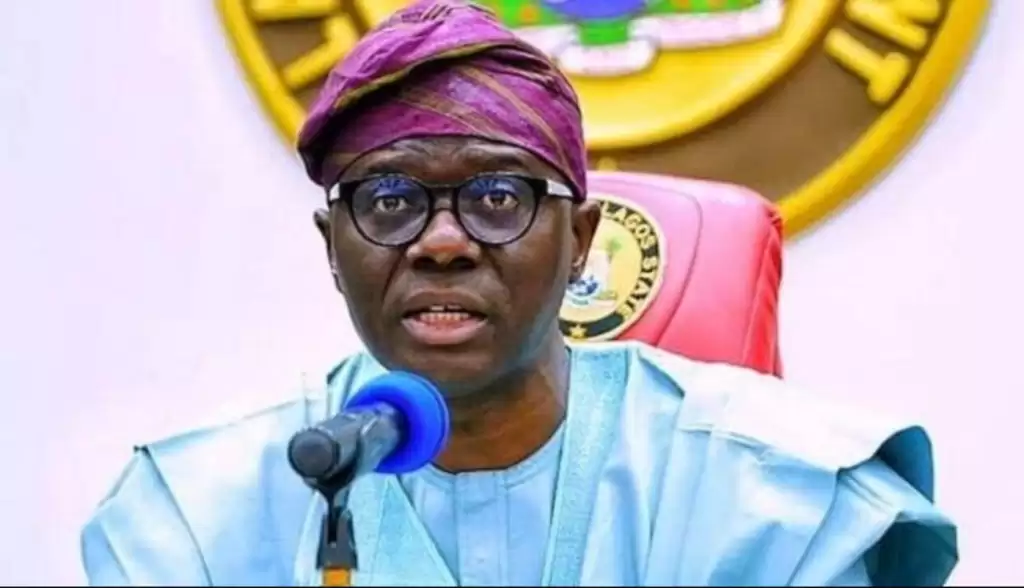
Lagos State Government Aims to Boost Revenue with ₦200 Billion Digital Economy Sector Tax
The Lagos State Government has unveiled ambitious plans to raise ₦200 billion annually from approximately two million residents through a new tax on the digital economy sector. This initiative is part of a broader strategy to significantly increase the state’s internally generated revenue (IGR) to ₦5 trillion from four key sub-sectors: digital economy, property industry, informal sector, and circular economy.
Targeting the Digital Economy
To achieve the revenue target, Lagos State will extend its current income tax base to include remote workers and digital influencers. Enhancing the revenue collection process with advanced digital solutions is central to this strategy. The upcoming EKO Revenue Plus Summit, scheduled for September 25 and 26, 2024, will delve into these plans under the theme “Unlocking New Revenue Streams for Lagos State.”
Implementation Strategy
A key component of this initiative is the Resident Global Digital Citizen Tax Management System, which will focus on remote workers, foreign firms, and digital influencers. This system will encompass accreditation and licensing of digital economy operators and will feature a comprehensive platform that includes an e-Portal, Marketplace, and Recovery Platform.
The excerpt document for the EKO Revenue Plus Summit outlines that the construction of the portal, along with data mining, partnerships, stakeholder engagements, communications, and other aspects of the new initiative, is expected to cost ₦250 million.

Additional Revenue Targets
Beyond the digital economy tax, Lagos State has several other plans to boost revenue in this sector:
- Establishing a public data marketplace to license and monetize data from various government services.
- Setting up a fintech hub to support digital payments, mobile money, lending, and crowdfunding.
- Creating the Lagos State Software Development Center, Lagos State Digital Economy Acceleration Hub, and Lagos State Advertisement Network.
- Implementing the Blockchain and Tokenization Agenda.
- Collaborating with the Federal Government on Digital Service Tax (DST).
READ ALSO: The Fainting Economy, Surviving Custom’s Stampede and Sanwo-Olu’s Economic Strategies For Lagosians
Broader Financial Goals
This move is part of the Lagos New Money Initiatives, which aim to unlock an additional ₦2.73 trillion revenue stream to elevate the IGR to ₦5 trillion. While the digital economy is projected to contribute ₦750 billion, other sectors are also expected to play significant roles:
- The property industry is anticipated to generate ₦1.5 trillion.
- The informal sector is expected to contribute ₦460 billion.
- The circular economy is projected to add ₦20 billion.
Leveraging Technology and Innovation
The Lagos State Government’s strategy emphasizes leveraging technology, strengthening tax administration, expanding the tax base, and exploring new revenue streams, particularly in non-tax areas, while optimizing existing processes. This comprehensive and innovative approach is seen as crucial for achieving the ambitious IGR target within the life of the current administration.
Conclusion
The Lagos State Government’s plan to introduce a digital economy sector tax and its broader strategy to boost internally generated revenue to ₦5 trillion highlights a forward-thinking approach to economic management. By integrating digital solutions and expanding the tax base to include modern economic activities, Lagos State aims to enhance its financial stability and support its development goals. As these initiatives unfold, they will likely serve as a model for other regions looking to harness the potential of the digital economy to drive growth and revenue.



